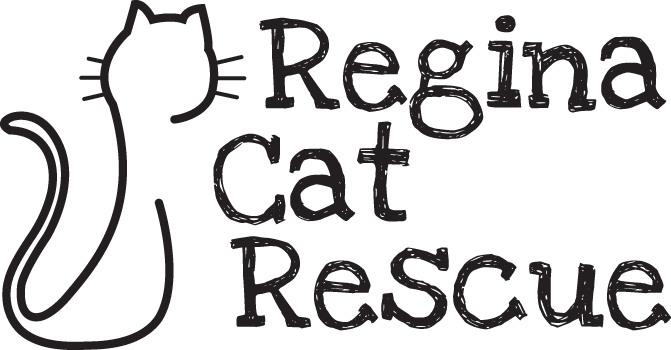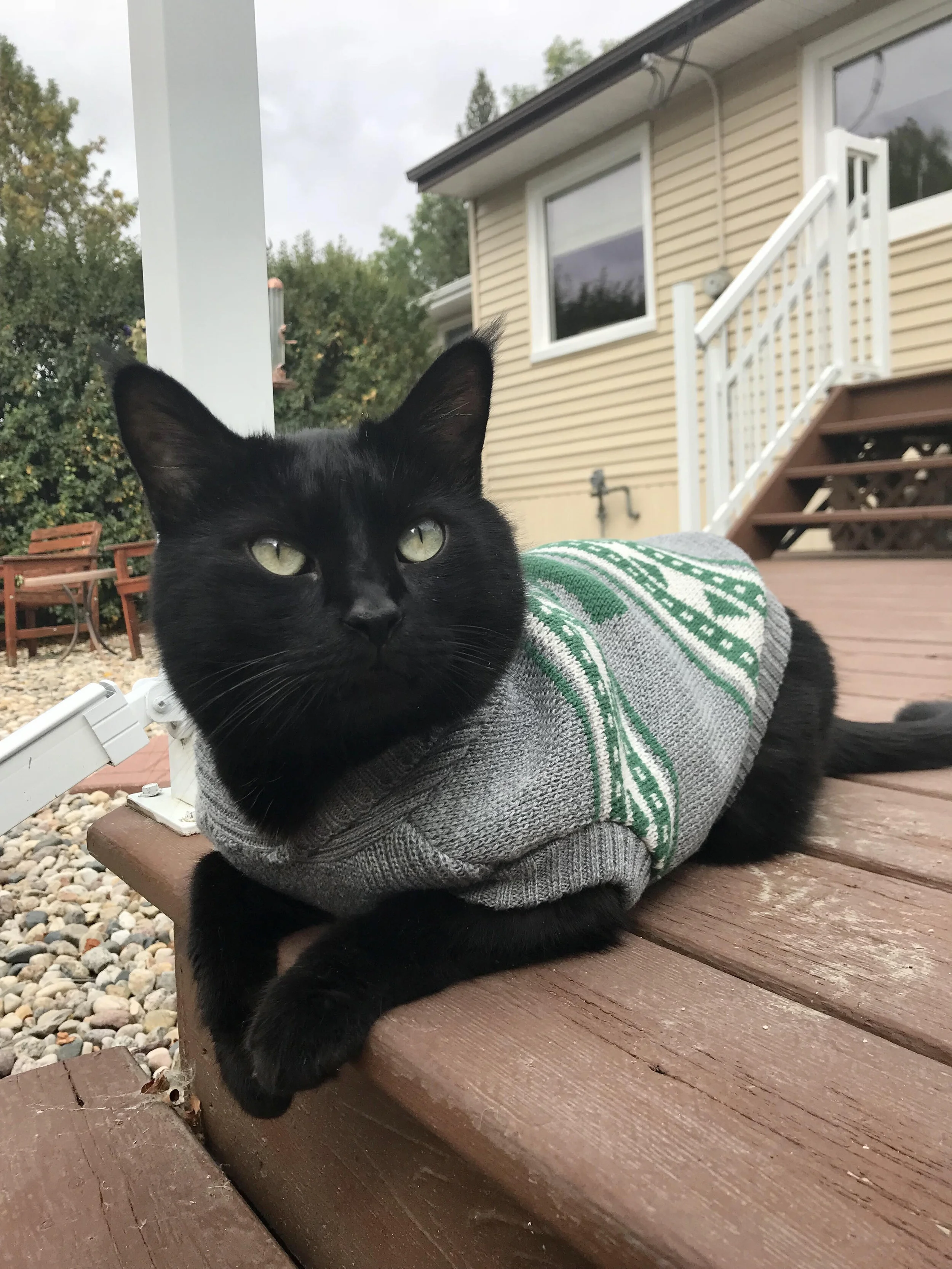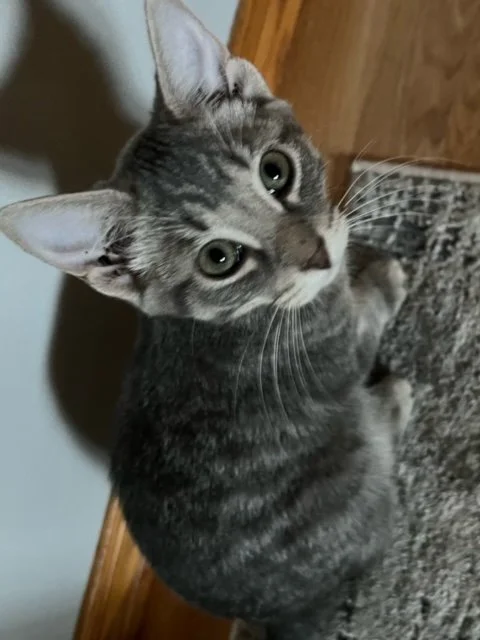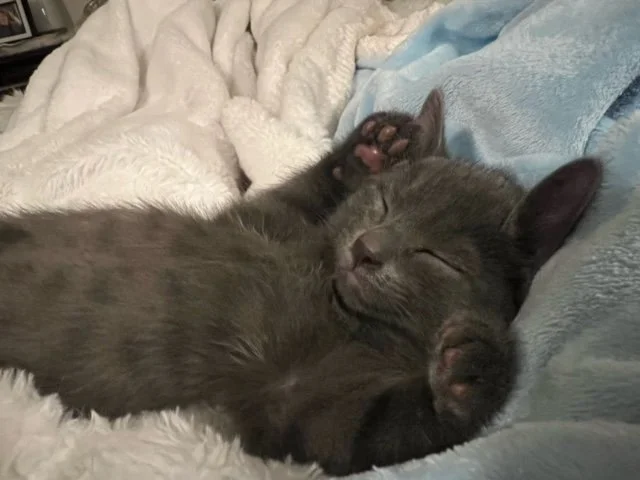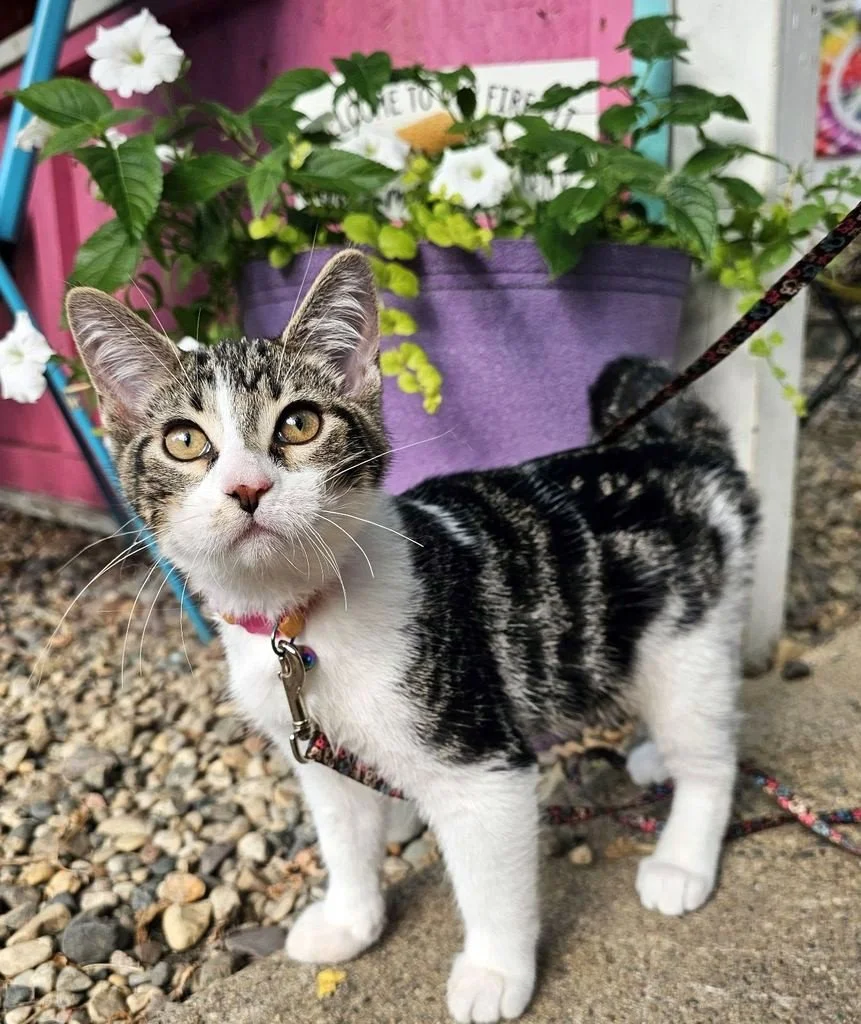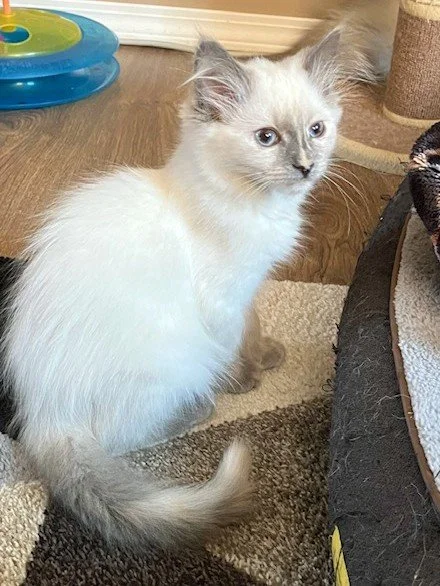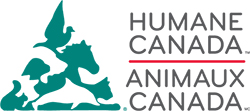The purpose of this policy is to help board members of Regina Cat Rescue to effectively identify, disclose and manage any actual, potential or perceived conflicts of interest in order to protect the integrity of Regina Cat Rescue and manage risk.
Definition of conflict of interest: A situation that has the potential to undermine the impartiality of a person because of the possibility of a clash between the person’s self-interest and professional interest or public interest or a situation in which a party’s responsibility to a second-party limits its ability to discharge its responsibility to a third-party.
The Regina Cat Rescue board members and committee chairs are obligated to disclose any conflicts of interest that they may have, and to comply with this policy to ensure they effectively manage those conflicts of interest as representatives of Regina Cat Rescue.
This policy has been developed because conflicts of interest commonly arise, and do not need to present a problem to Regina Cat Rescue if they are openly and effectively managed. It is the policy of Regina Cat Rescue, as well as a responsibility of the board, that ethical, legal, financial or other conflicts of interest be avoided and that any such conflicts (where they do arise) do not conflict with the obligations to Regina Cat Rescue.
Regina Cat Rescue will manage conflicts of interest by requiring board members and committee chairs to:
Avoid conflicts of interest where possible
Identify and disclose any conflicts of interest
Carefully manage any conflicts of interest
Follow this policy and respond to any breaches
The board is responsible for establishing a system for identifying, disclosing and managing conflicts of interest across Regina Cat Rescue and monitoring compliance with this policy to ensure that the policy is operating effectively.
Identification and disclosure:
Board members and committee chairs are obligated to disclose any conflicts of interest they may have, in writing by letter or email, to the board. Any individual who is concerned about a conflict of interest of a board member or committee chair may also provide, in writing, to the board, their concerns about a conflict of interest. If a person suspects that a board member has failed to disclose a conflict of interest, they must notify the board.
Once an actual, potential or perceived conflict of interest is identified, it must be entered into Regina Cat Rescue’s register of interests. This register must be maintained by the board Secretary and record information related to a conflict of interest (including the nature and extent of the conflict of interest and any steps taken to address it).
Confidentiality of Disclosure:
Only board members will have access to the information disclosed.
Management:
Once the conflict of interest has been appropriately disclosed, the board (excluding the board member disclosing and any other conflicted board member) must decide whether or not those conflicted board members should:
In deciding what approach to take, the board will consider the following:
Whether the conflict needs to be avoided or simply documented
Whether the conflict will realistically impair the disclosing person’s capacity to impartially participate in decision-making
Alternative options to avoid the conflict
The possibility of creating an appearance of improper conduct that might impair confidence in, or the reputation of, Regina Cat Rescue
Whether it is appropriate for the person conflicted to resign from the board, such as where a conflict is very significant or likely to prevent a board member from regularly participating in discussions.
The approval of any action requires the agreement of at least a majority of the board (excluding any conflicted board member/s) who are present and voting at the meeting. The action and result of the voting will be recorded in the minutes of the meeting.
If the board has a reason to believe that a person subject to the policy has failed to comply with it, it will investigate the circumstances. If it is found that this person has failed to disclose a conflict of interest, the board may take action against them. This may include seeking to terminate their relationship with Regina Cat Rescue.
